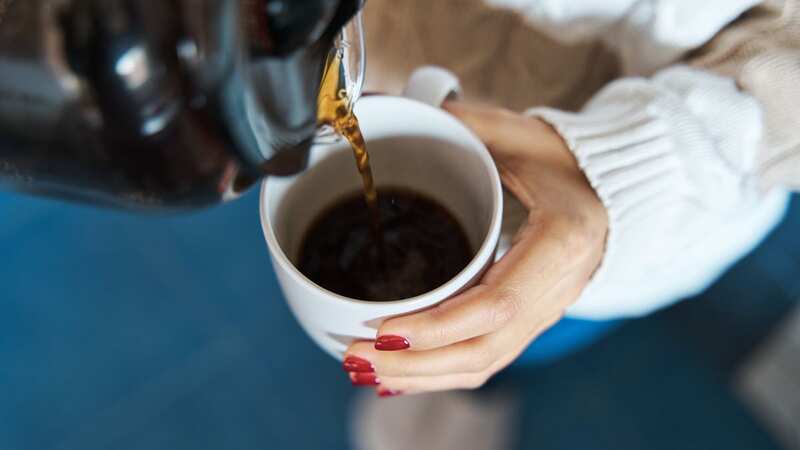

Whether you're a coffee fiend, a tea addict or an energy drink aficionado, there's a good chance that caffeine is powering your daily life.
Occurring naturally in a number of plant species, humans have been consuming caffeine for thousands of years from the brewed herbal teas of ancient China to the chewing of the kola nut in West Africa.
Coffee drinking spread to Europe in the 16th century and has become firmly entrenched in the daily routines of many, while tea is a staple of British life. With the 21st century has come the rise in popularity of energy drinks, some of which contain more caffeine than tea or coffee.
But how much caffeine is safe to consume in a single day, and how can you tell if you've had too much?
Caffeine is a stimulant and a psychoactive drug, despite remaining largely unregulated and legal in almost all parts of the world. Eating or drinking (or swallowing in tablet form) considerably more than the recommended daily limit can have some seriously unpleasant side effects, from headaches and feeling jittery to full-blown hallucinationr or seizures.
 Clever drink hack tricks your brain to reduce caffeine cravings, expert claims
Clever drink hack tricks your brain to reduce caffeine cravings, expert claims
It's recommended that adults consume no more than 400mg of caffeine per day. That's the equivalent of:
- four cups of coffee
- eight cups of tea
- eleven 330ml cans of Coke
- two and a half 500ml cans of Monster Energy drink
However this limit does not apply to everyone. Pregnant women are advised by the NHS to consume no more than 200mg of caffeine a day, and children and adolescents can have up to 3mg per kilogram of their body weight.
Overconsumption of caffeine (1,000mg to 1,500mg per day) can cause a condition known as caffeinism, which consists of a range of unpleasant symptoms including insomnia, irritability, headaches and heart palpitations.
But consuming significantly more caffeine than the safe limit (more than 400-500mg) in one go can cause "caffeine intoxication", a serious but temporary overstimulation of the central nervous system.
The symptoms of caffeine intoxication include:
restlessness
nervousness
excitement
insomnia
flushed face
 Top CEO arrested after woman spots him peeping at her under toilet door in cafe
Top CEO arrested after woman spots him peeping at her under toilet door in cafe
diuresis (increased urination)
gastrointestinal disturbance
muscle twitching
rambling flow of thought and speech
tachycardia or cardiac arrhythmia
periods of inexhaustibility
psychomotor agitation
A diagnosis of caffeine intoxication may be made if five or more of the above symptoms are observed.
In rare cases of very high caffeine intake, the symptoms may worsen to include mania, depression, lapses in judgment, disorientation, disinhibition, delusions, hallucinations or psychosis, seizures and rhabdomyolysis (destruction of muscle cells).